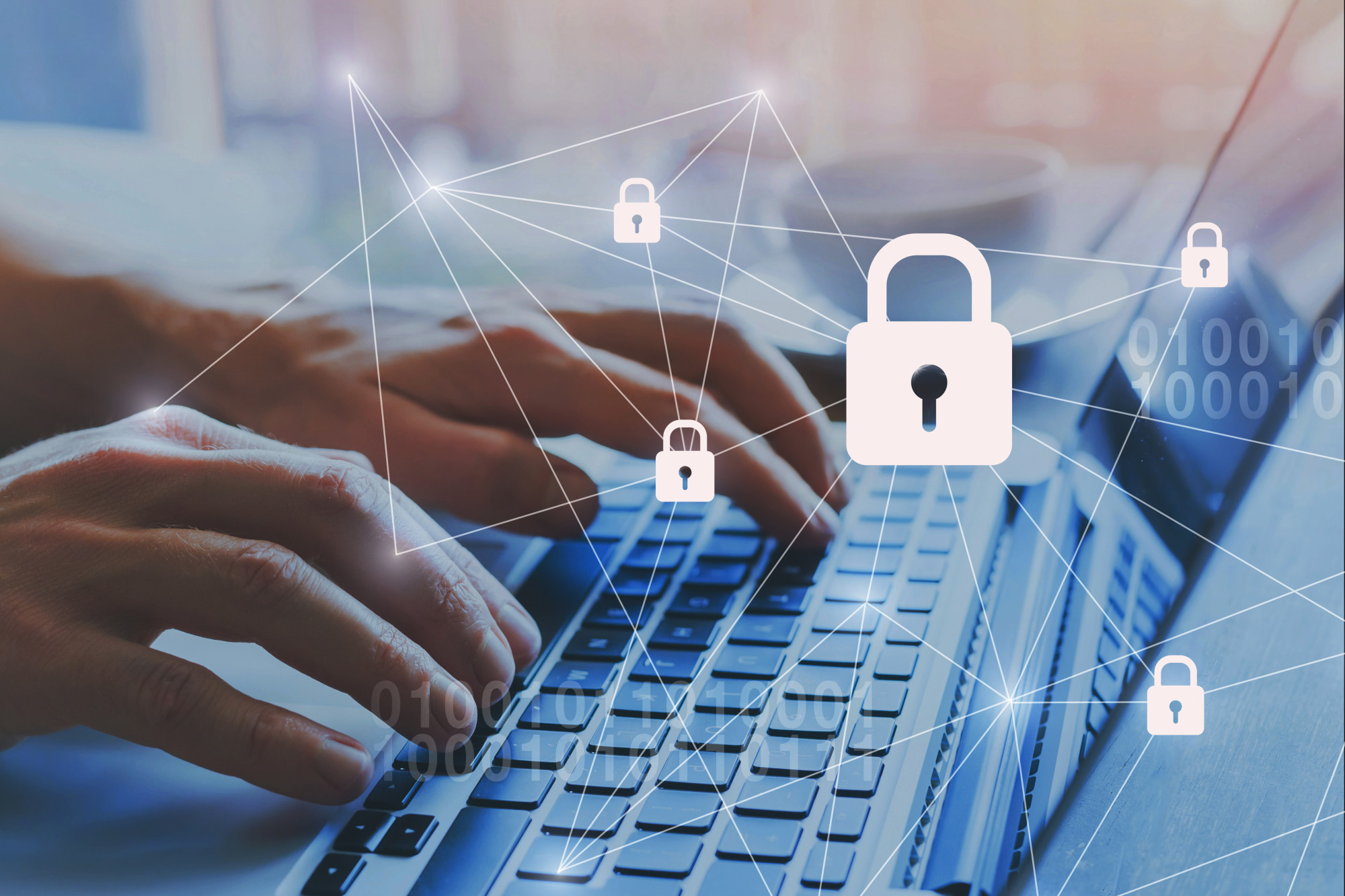
8 Tips for Safe Web Browsing and Accessing the Internet
Hackers make an attempt at breaking into a system every 39 seconds. The last thing that you would want is for them to make your system the one that they break into.
Safe web browsing is essential if you want to avoid having your personal details and money stolen. Once a hacker has access to your device, they can wreak havoc on your life.
But what can you do to ensure you don’t fall prey to an attack? Our handy guide to internet safety will help you.
Here are eight tips for browsing the internet safely.
1. Keep Your Operating System, Browser, and Plugins Updated
Hackers are always on the hunt for new ways to get into people’s computer systems. Whenever a vulnerability is spotted in a browser, plugin, or operating system, an update will be released to prevent hackers from getting in.
It is essential that you stay up-to-date with these changes and download any new updates.
2. Block Pop-ups
While most pop-ups are just annoying ads trying to get you to buy something, some can be more malicious.
To avoid malicious attempts at getting you to accidentally click on links, install a pop-up blocker.
3. Use Antivirus Software
It should go without saying that to stop viruses and malware attacks, you should have antivirus software installed on your system.
There are plenty of different free options available. Here are some suggestions.
4. Use a Firewall
Hackers are trying to get into your system. One of the best ways of stopping them is by having a firewall installed. If your computer has a firewall already installed, make sure it is turned on and is up-to-date.
5. Use Strong Passwords
Whenever you access any website with a password, you should make sure that it is unique. Using strong passwords will mean that they won’t be easily guessed. Use a mixture of letters and numbers and change your passwords often.
6. Use Bookmarks
To avoid making a mistake when typing the name of a website that you commonly visit, you should always bookmark your pages. A bookmarked link will always take you to the right page every time.
Consider using a browser that lets you access bookmarks across all devices.
7. Consider Where You’re Accessing the Web From
If you’re using your device to access the internet in public spaces such as coffee shops and airports, consider the safety of the network that you’re connected to.
In addition to being cautious of public networks, consider using a safe charging datablocker to protect your device when plugged into a public USB socket.
8. Avoid Clicking Links in Emails
Viruses and malware can be spread via emails easily. All it takes is for you to click a rogue link in an email and your device may become infected. Even if you know who an email is from, you should always regard links as being suspicious.
Safe Web Browsing
Now that you know some of the best tips for safe web browsing, you can protect yourself from attack. Remember to always keep your browser, antivirus, and your operating system up-to-date and avoid clicking on links in emails.
For more great articles, please check out the rest of our site.
